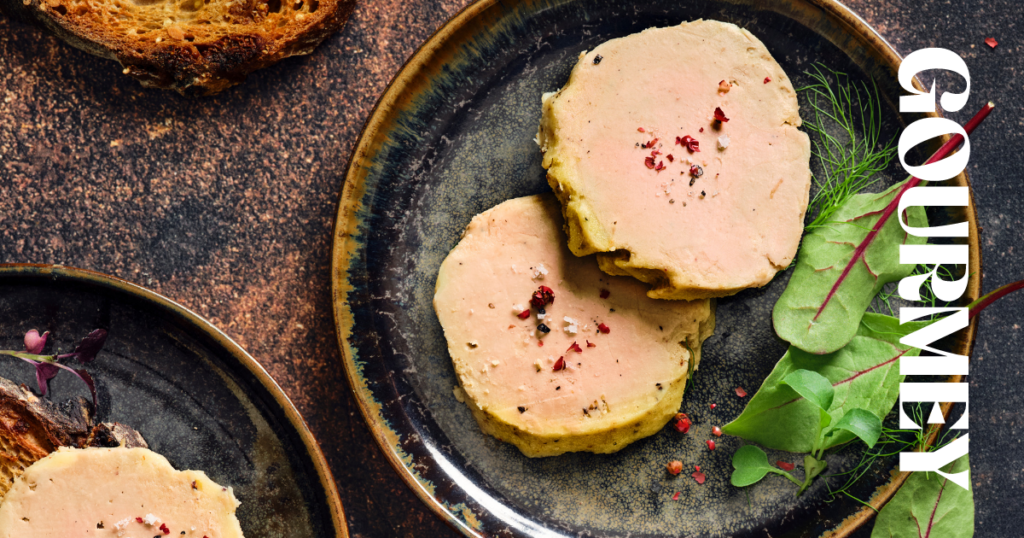Gourmey SAS, which has raised €57.8 million to date, has applied for EU market authorisation and has also applied for authorisations with the competent authorities in the UK, Switzerland, Singapore and the US.
Ivo Rusegotta, head of political communications at the GFI Europe interest group, described the application as an important signal for the industry, saying: “Cultured foie gras opens up the opportunity to reconcile European culinary traditions with climate, environmental and animal protection. The first application for authorisation of cultured meat in the EU is an important step towards a sustainable and resilient food system. This can strengthen Europe as a hub of innovation and business with future-proof jobs. Furthermore, cultured meat offers farmers the opportunity to diversify their operations, for example to produce raw materials for nutritional solutions.”
This last point, which faces strong opposition from farmers not only in France but also in Italy, Hungary and four other countries, seems crucial to counter market restrictions on sustainable biotech products that violate EU law and give farmers a place in a sustainable and decarbonized food system.
The application is followed by one of the most lengthy and thorough authorisation procedures in accordance with the highest food safety standards in the world, taking at least 18 months. As part of the assessment under the EU Novel Food Regulation, potential social, economic and environmental impacts are also taken into account. In addition to the European Commission and scientific experts, Member States are also closely involved in the process.
The first approvals for cultured meat have already been given in Singapore, the US and Israel, and companies such as The Cultivated B say they are in preliminary discussions with the approval body, the EFSA, including Germany’s The Cultivated B and Dutch start-up Mosa Meat, whose investors include Wiesenhof’s parent company, the PHW Group.
Conventional foie gras production is banned in Germany because of animal welfare laws that prohibit force-feeding animals, but tons of this traditional liver pate are imported from abroad every year and sold in delicatessens and restaurants, as well as in many other countries, including Austria, Switzerland and Italy.
If farmed foie gras is deemed safe by competent authorities and approved for sale, EU consumers will be able to enjoy it without any negative impacts on animal welfare or the environment. Gourmey says it produces its products without the use of animal ingredients such as calf serum (TCS) or antibiotics.
Early studies on the ecological footprint of cultured meat suggest it could reduce greenhouse gas emissions by up to 92% and land needs by up to 90%. For poultry specifically, a study this year found that it could halve greenhouse gas emissions and reduce land needs by 90% compared to livestock-based meat.

